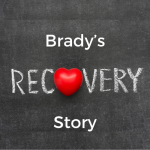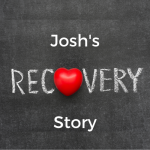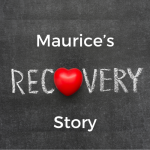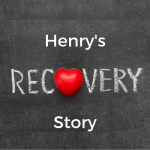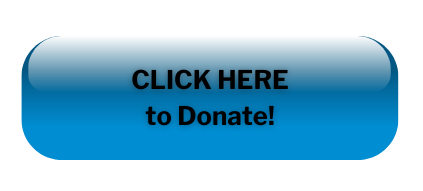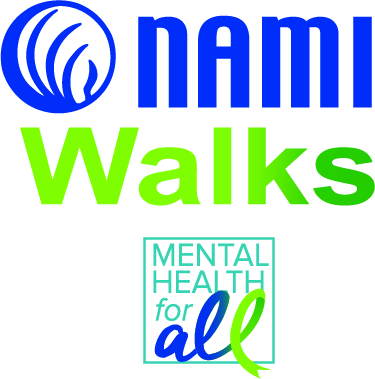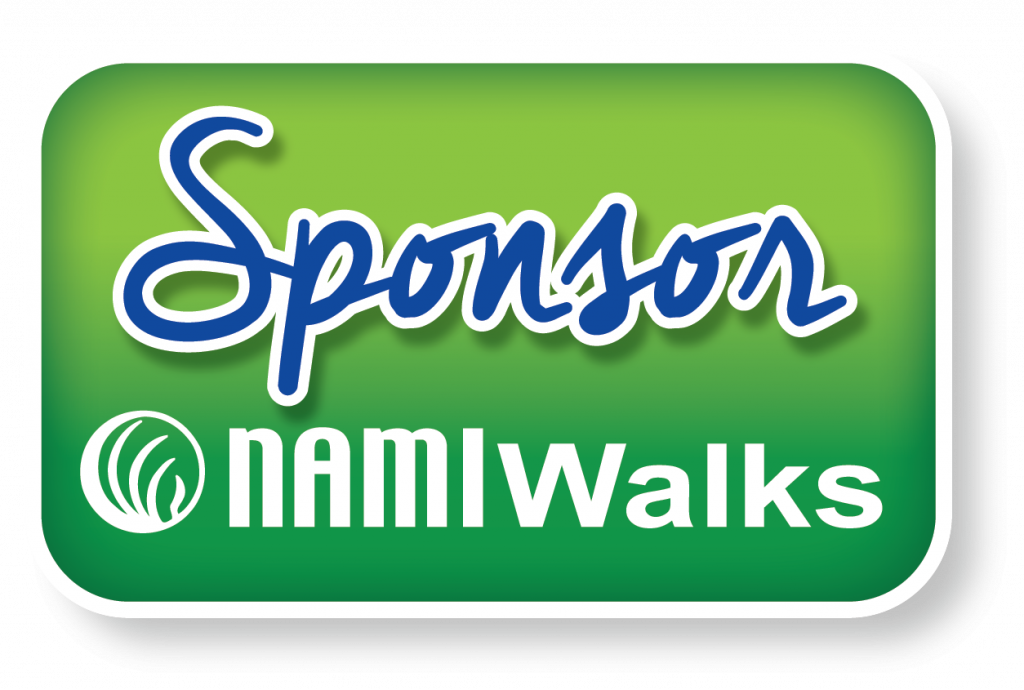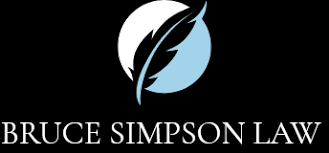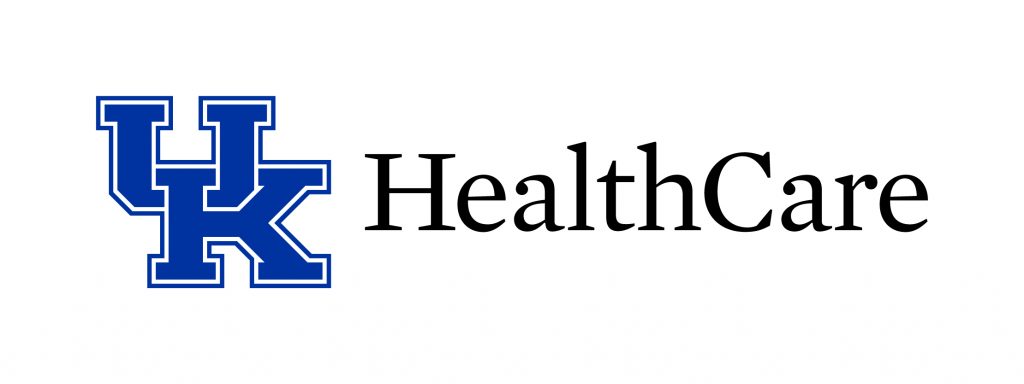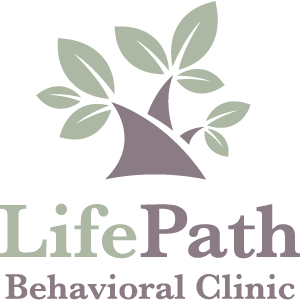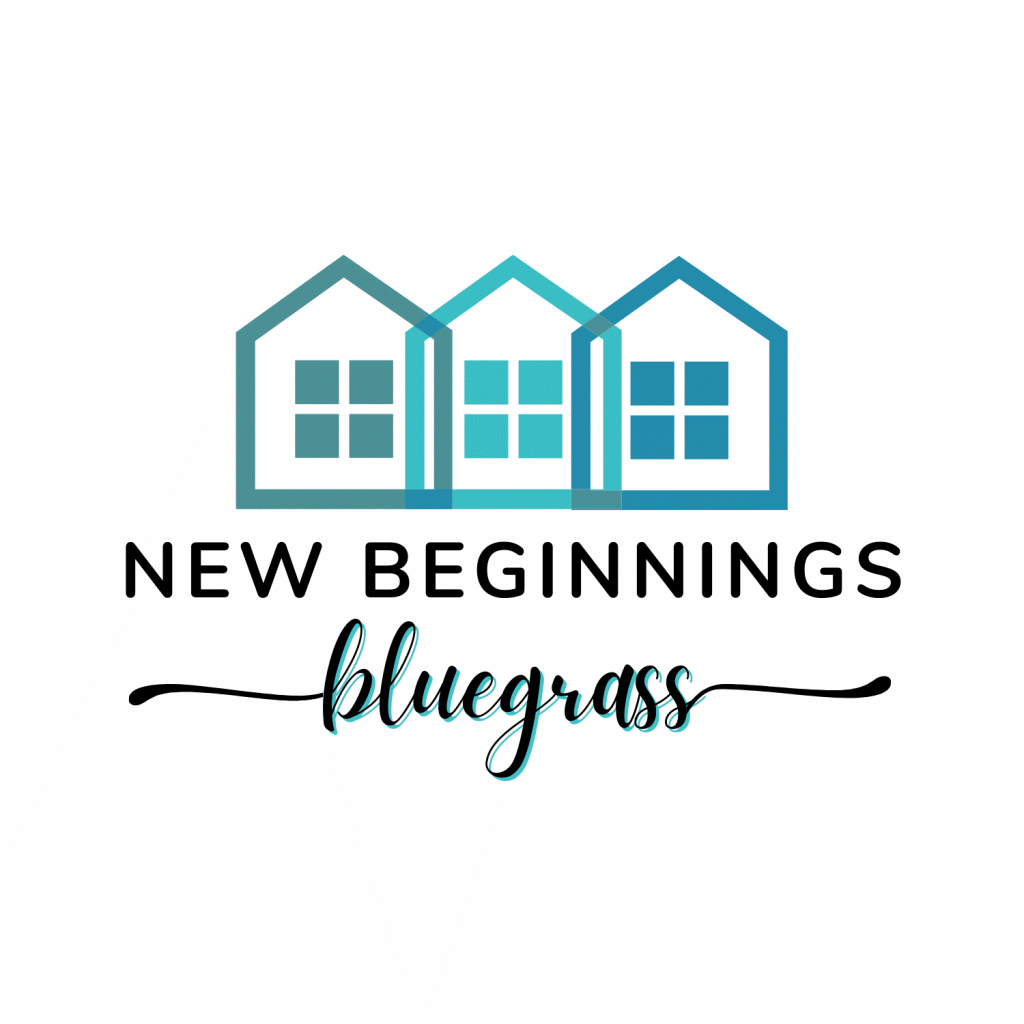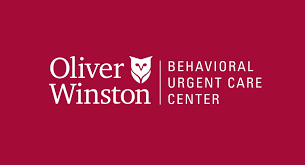The mission of FMHC is to protect public safety and reduce the recidivism rate of offenders with a diagnosed mental illness or co-occurring mental illness and substance use disorder by increasing their wellness. Using an integrated approach involving court supervision, mental health treatment services, education, employment, and personal accountability, FMHC seeks positive and long-lasting life changes.
Fayette Mental Health Court is offering a hybrid model of services, meeting with clients virtually and in-person on an individual basis. In the meantime, participants are being connected with online and telephone resources to remain in contact with recovery support, and staff are supporting folks with maintaining regular contact with their providers. Random drug testing is ongoing. The Mental Health Court Team is staying apprised of the Governors and Chief Justice’s recommendations daily and will address further closures and distancing with alternative contacts and creative solutions to continue to promote wellness and recovery for participants.
Not all referrals are accepted based on the regulations of the court and some that are accepted decide against joining the program due to length or requirements, etc…not everyone is ready to get well or do the work required to get well.
Phase 1: Stabilization: Consists of weekly attendance at court and skills/support groups, establishment of therapy and medication (and substance use treatment as applicable) providers and routine, exploration of additional needs/goals (eg. housing, benefits, employment)
Phase 2: Treatment: Weekly attendance at skills/support group and completion of “Wellness Recovery Action Plan”. Alternate weekly attendance at court to supervise progress. Regular meetings with staff to explore the transition to independent utilization of community services/support.
Phase 3: Self-Motivation: Attendance at court every three weeks to supervise personal efforts and utilization of services necessary for continued recovery.
Phase 4: Wellness: Monthly attendance at court to supervise continued utilization of services necessary for long-term recovery, completion of “Voices in Recovery” training and sharing of personal story to community group of participant’s choosing, identification of role as mentor, and exploration aftercare needs.
Aftercare Alumni Program: Healthy continuing recovery habits are actively encouraged and incentivized. In this peer-driven model, clients themselves are encouraged to develop and lead groups, actively support their peers in recovery, and assist staff in developing appropriate modifications to adapt program to changing needs.
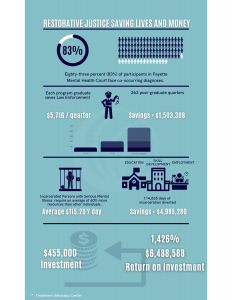
Savings in Fayette County, Kentucky illustrated at LFUCG meeting February 2021
Participant Recovery Stories
Stories are used with permission and pseudonyms are used to maintain confidentiality.


